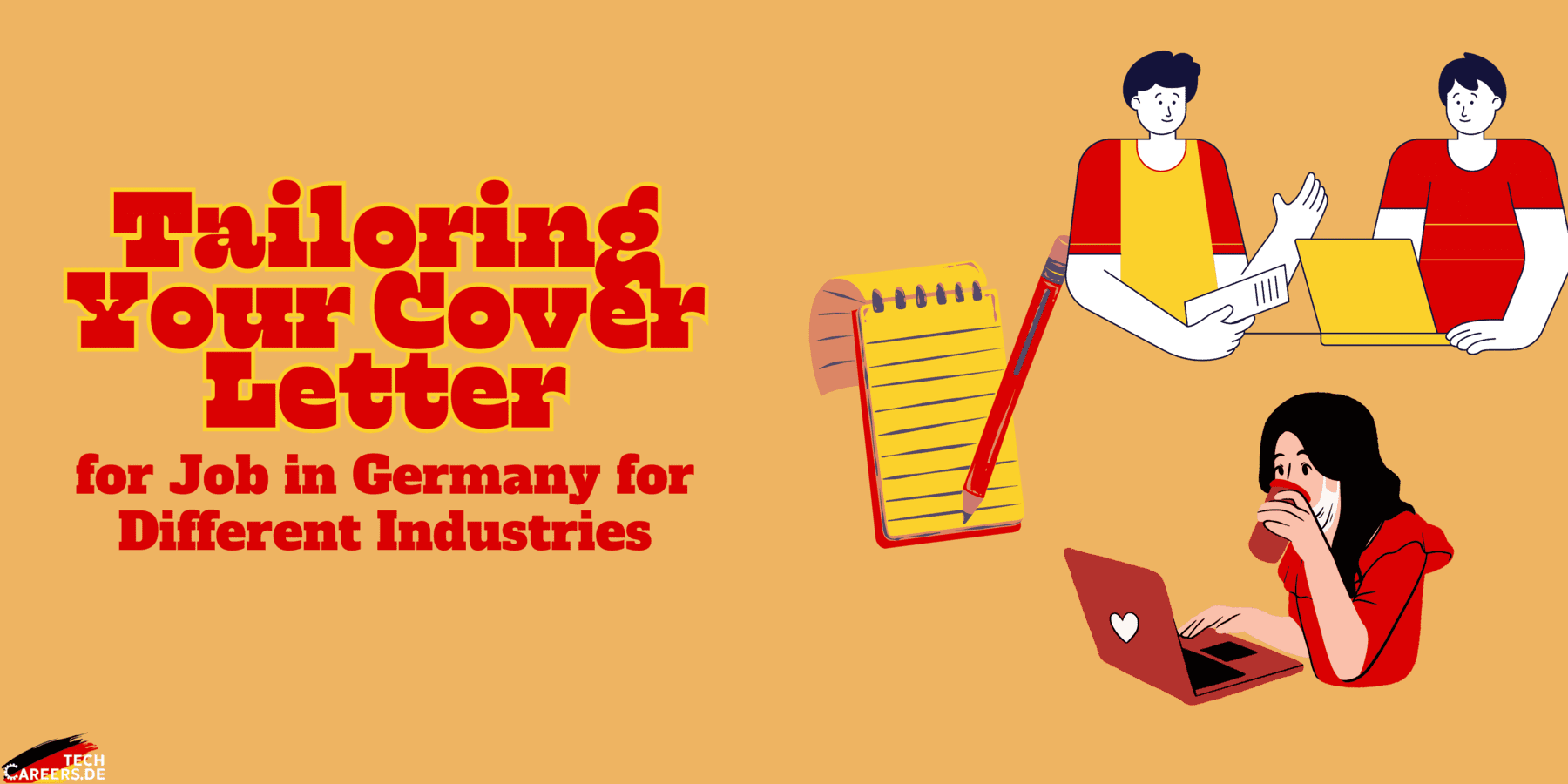
A cover letter is a crucial component of any job application, providing a personalized narrative that complements your resume. When applying for a job, especially in a competitive market like Germany, a well-crafted cover letter can make a significant difference. It serves as your first impression to potential employers and is your opportunity to highlight your suitability for the role, explain any gaps in your resume, and showcase your enthusiasm for the position.
In Germany, the job application process places considerable emphasis on thoroughness and professionalism. This cultural nuance means that a generic cover letter will likely be overlooked. Instead, applicants are expected to tailor their cover letters to align with the specific requirements of the job and the company. This is particularly important for those seeking IT jobs, where showcasing relevant technical skills and experiences can set you apart from the competition.
A cover letter for job in Germany should address the following key points:
- Personalization: Address the letter to a specific person whenever possible, and mention the role you are applying for.
- Relevance: Highlight your most relevant experiences and skills that align with the job description.
- Motivation: Explain why you are interested in the role and the company, and why you are moving to or are already in Germany.
- Professionalism: Adhere to the formalities and professional tone expected in German business correspondence.
For those aiming for tech jobs in Germany, it’s crucial to emphasize your technical expertise, problem-solving abilities, and any experience with German or European projects. Mentioning your familiarity with German work culture and any language proficiency can also be advantageous.
In summary, a well-tailored cover letter not only demonstrates your genuine interest in the position but also your understanding of the German job market’s expectations, ultimately increasing your chances of securing an interview.
How to Write a Cover Letter in Germany
Structure and Format: Length, Sections, and Language
Understanding the proper cover letter format in Germany is essential to creating a positive impression on potential employers. German companies appreciate well-organized, concise, and formal applications that clearly convey your qualifications and motivations. Here’s a detailed breakdown of the expected structure and format:
- Length: A cover letter in Germany should be succinct yet comprehensive, ideally fitting onto one page. The optimal length is between 250 to 400 words. This brevity ensures that you respect the reader’s time while still providing enough information to highlight your suitability for the role.
- Sections: A well-structured cover letter typically includes the following sections:
- Header:
- Your Contact Information: Include your full name, address, phone number, and email address at the top left corner of the document.
- Date: Place the date below your contact information.
- Employer’s Contact Information: Below the date, list the recipient’s name, company name, and company address.
- Salutation:
- Address the letter to a specific person, usually the hiring manager or the head of the department you are applying to. Use “Sehr geehrte(r) Frau/Herr [Last Name]” for a formal salutation. If you do not know the recipient’s name, “Sehr geehrte Damen und Herren” (Dear Sir or Madam) is acceptable, though less personal.
- Introduction:
- Start with a brief introduction that mentions the position you are applying for and how you found out about the job opening. This section should capture the reader’s interest and set the tone for the rest of the letter.
- Body:
- First Paragraph: Discuss your current role and relevant experiences that make you a suitable candidate for the job. Mention specific skills and achievements that align with the job description.
- Second Paragraph: Elaborate on why you are interested in the position and the company. Show that you have researched the company and explain how your career goals align with their mission and values.
- Third Paragraph: Highlight any additional skills or experiences that make you stand out, such as language proficiency, familiarity with German work culture, or relevant certifications.
- Conclusion:
- Summarize your key points and express your enthusiasm for the opportunity to interview. Provide your contact information again and indicate your willingness to provide further information or attend an interview. End with a courteous closing statement.
- Signature:
- Use a formal closing phrase such as “Mit freundlichen Grüßen” (Yours sincerely) followed by your handwritten signature (if submitting a physical copy) and typed name.
- Language: When writing a cover letter for a job in Germany, the language should be formal and professional. If the job listing is in German, your cover letter should be in German as well. Make sure to:
- Use polite and respectful language.
- Avoid colloquial expressions and overly casual tone.
- Proofread thoroughly to ensure there are no grammatical or typographical errors.
- If you are not a native German speaker, consider having a native speaker review your letter to ensure it is idiomatic and error-free.
By adhering to these structural and formatting guidelines, you will demonstrate your professionalism and attention to detail, qualities highly valued by German employers. Whether you are applying for IT jobs in Germany or any other industry, a well-organized cover letter tailored to the specific role can significantly enhance your application.
Importance of Personalization and Avoiding Generic Templates
In the competitive job market of Germany, personalization is key to standing out among other candidates. Employers receive numerous applications for each position, and a generic cover letter can quickly be dismissed. Demonstrating that you have taken the time to tailor your application specifically to the company and the role shows your genuine interest and professionalism. Here are some reasons why personalization is crucial, along with tips on how to avoid generic templates:
Why Personalization Matters
- Shows Genuine Interest: A personalized cover letter reflects your genuine interest in the role and the company. It indicates that you have researched the organization and understand its values, goals, and culture.
- Aligns with Company Needs: By customizing your cover letter, you can directly address the skills and experiences that the employer is seeking. This alignment increases your chances of being seen as a suitable candidate.
- Highlights Your Fit: Personalization allows you to explain why you are an ideal fit for the position, how your background meets the job requirements, and how you can contribute to the company’s success.
- Demonstrates Attention to Detail: A tailored cover letter demonstrates your attention to detail and your commitment to delivering quality work, qualities highly valued in the German job market.
Tips for Personalizing Your Cover Letter
- Address the Recipient by Name: Whenever possible, find out the name of the hiring manager or recruiter and address your letter to them. This small step can make a big difference in making your application more engaging.
- Mention Specifics About the Company: Reference recent news about the company, its projects, or its position in the industry. This shows that you have done your homework and are genuinely interested in the organization.
- Tailor Your Skills and Experiences: Highlight the skills and experiences that are most relevant to the job description. Use specific examples that demonstrate how your background aligns with the company’s needs.
- Showcase Your Motivation: Explain why you are excited about the opportunity and how it fits into your career aspirations. Mention any connections you have to Germany or why you are keen on working in the German market.
- Use the Correct Format: Adhere to the germany cover letter format, which typically includes your contact information, the employer’s contact information, a subject line, a formal greeting, the body of the letter, and a formal closing. This format is widely recognized and appreciated in Germany.
Avoiding Generic Templates
- Avoid Copy-Pasting: While it might be tempting to use a standard template, copy-pasting can result in a bland and impersonal cover letter. Instead, use templates as a guide and personalize each application.
- Be Specific: Generic statements like “I am a hard worker” or “I have good communication skills” are less impactful than specific examples that demonstrate these qualities in action.
- Reflect the Job Description: Use the job description as a guide for what to include in your cover letter. Mirror the language and keywords used to show that you are a match for the role.
- Incorporate Social Media Insights: Leverage social media for recruitment by following the company’s social media channels. Mentioning relevant updates or insights from their social media can add a personalized touch to your cover letter.
In conclusion, personalizing your cover letter for each job application in Germany is essential for making a strong impression. By avoiding generic templates and showing your genuine interest in the role and the company, you significantly increase your chances of landing an interview and ultimately securing the job.
Cover Letter Examples Germany
Cover Letter Format Germany
When crafting a cover letter for a job in Germany, adhering to the correct format is crucial. German employers expect a high level of professionalism and attention to detail, which extends to the structure and presentation of your cover letter. Below is a guide to the typical format of a German cover letter:
Structure and Format
- Contact Information
- Applicant’s Details: Start with your name, address, phone number, and email address, aligned to the top left of the page.
- Date: Below your contact information, include the date (written in the format DD.MM.YYYY).
- Employer’s Details: Include the recipient’s name, company, and address, aligned to the left below the date.
- Salutation
- Use a formal greeting, such as “Sehr geehrte(r) Frau/Herr [Last Name],” or “Sehr geehrte Damen und Herren,” if the contact person is unknown.
- Subject Line
- Include a subject line (“Betreff:”) before the body of the letter. This should be concise and clearly state the position you are applying for, e.g., “Bewerbung als Softwareentwickler” (Application for Software Developer).
- Introduction
- Begin with a brief introduction that captures the reader’s attention. Mention the position you are applying for and how you found out about the job. If you have a reference or were recommended by someone within the company, include this information here.
- Body
- First Paragraph: Explain why you are interested in the position and the company. Show that you have researched the company and understand its values and goals.
- Second Paragraph: Highlight your most relevant qualifications and experiences. For IT jobs, emphasize your technical skills, projects, and any relevant industry experience.
- Third Paragraph: Mention any additional skills or experiences that make you a strong candidate. This can include language skills, intercultural experiences, and familiarity with German work culture.
- Conclusion
- Reiterate your enthusiasm for the position and the company. Politely express your hope for an interview and provide your availability for further discussion.
- Use a formal closing statement such as “Mit freundlichen Grüßen,” followed by your handwritten signature (if submitting a hard copy) and then your typed name.
- Enclosures
- List any documents you are enclosing with your cover letter, such as your resume (Lebenslauf), certificates, and references.
Best Cover Letter for Job in Germany
Ready to make your application stand out?
Start crafting your tailored cover letter today! Whether you're applying for tech jobs in Germany or any other industry, follow our comprehensive guide to ensure your cover letter showcases your unique skills and experiences. Don't settle for generic templates—personalize your cover letter to reflect your genuine interest and professionalism. Download our cover letter examples and templates now, and take the next step towards landing your dream job in Germany!
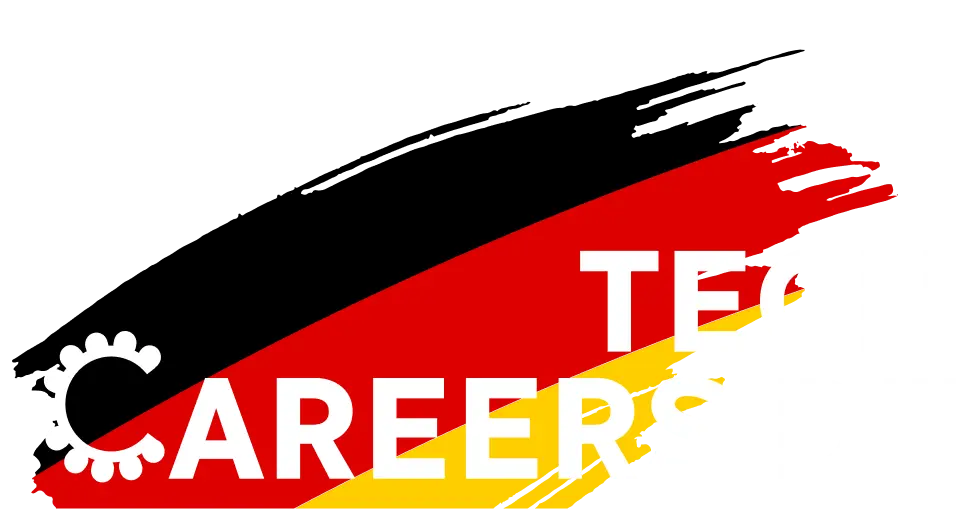

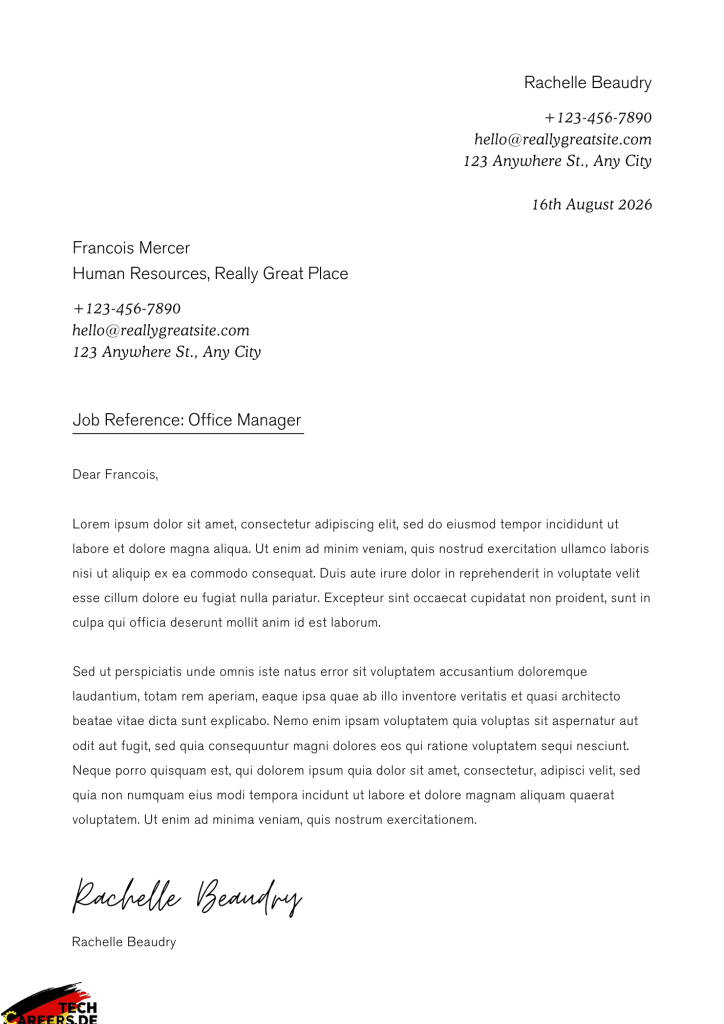
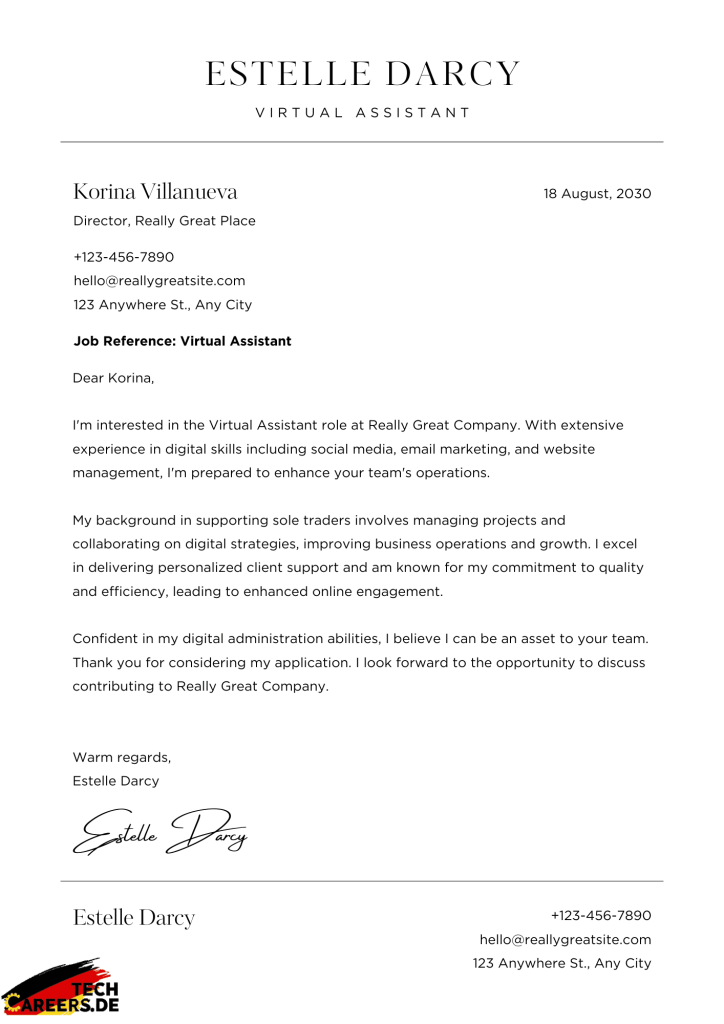
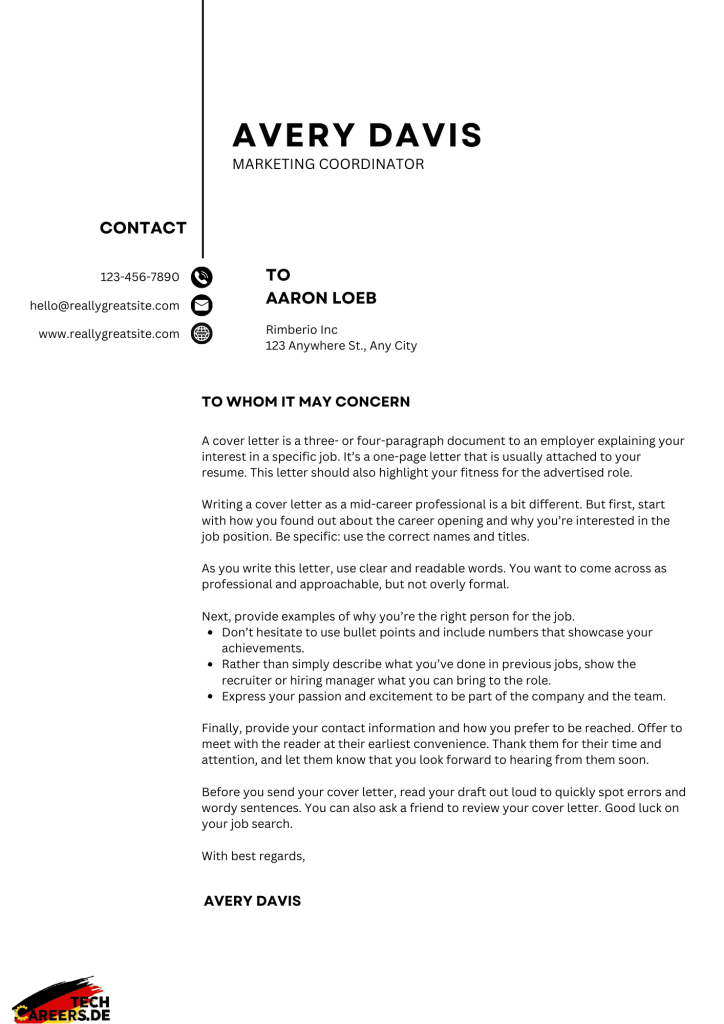


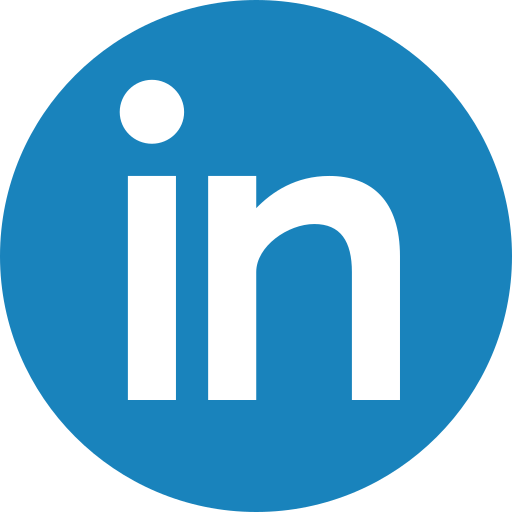
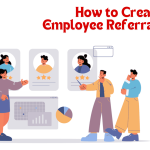 Previous Post
Previous Post Next Post
Next Post